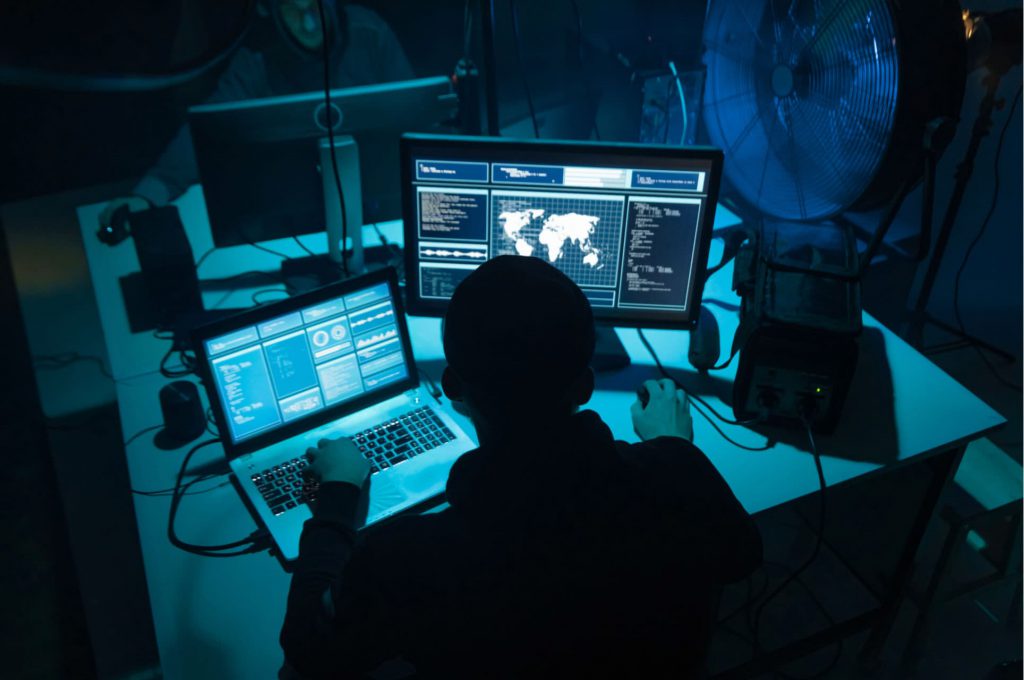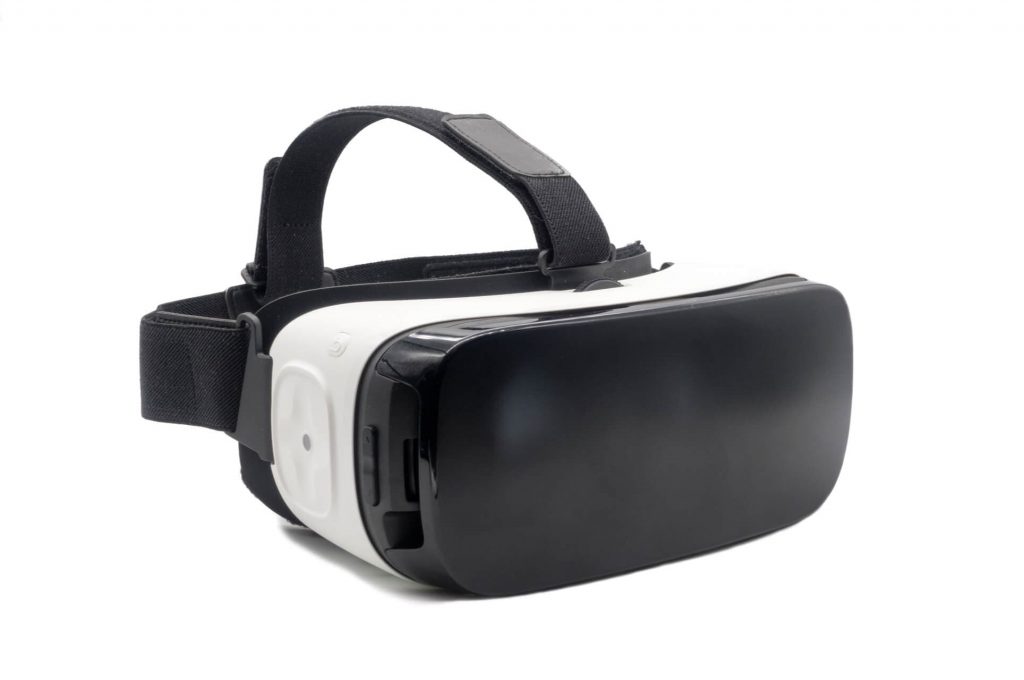On October 4, 2021, at 15:39 UTC, the social network Facebook and its subsidiaries, Messenger, Instagram, WhatsApp, Mapillary, and Oculus, became globally unavailable for a period of six to seven hours. Ten years ago, it would have been difficult to comprehend how significant an impact a crash like this could have on the world. How could a brief outage of a few social apps affect anything important? Today, however, an event like this is big enough to made world news. Lives were disrupted, businesses were cut off from their customers and Facebook CEO Mark Zuckerberg’s wealth fell by more than $6 billion.
Like it or not, our society is now inextricably linked with the internet, social media platforms, and the tech giants that own them. Every aspect of our lives is affected by our relationship with technology, and law enforcement is no exception. This relationship can, of course, be a double-edged sword: while the information gathered and stored by big tech companies is invaluable to law enforcement, it also opens up new questions and concerns about privacy and security.
GEOFENCE WARRANTS
If you have a smartphone in your pocket, it’s no secret that you’re being tracked everywhere you go. Your device ostensibly tracks this information in order to give you predictive recommendations on your apps. In other words, it tracks your habits so that it can make suggestions based on your interests and habits. For example, you may notice that if you take Uber or a similar transportation app at a certain time every day, your phone will start to suggest this destination for you at that time. From knowing that you visited certain stores or locations, your personalized advertising will change to reflect what this information reflects about your habits.

Geofence warrants, or reverse-location warrants, allow law enforcement agencies with permission from a judge to obtain anonymized data from Google from almost any device that was in a certain geographic area at a specific time. Put simply, if the general time period and location of a crime are known, then an agency can find every person with a Google-supported device who was nearby at the time.
The main company supporting geofence warrants is Google, who have reportedly received as many as 180 requests in a single week in the US. Microsoft has flat-out denied compliance with geofence warrants, while Apple and Facebook have made their stance less clear, having declined to comment when questioned about these warrants and whether they have any similar data and if they do or don’t provide it to law enforcement.
KEYWORD WARRANTS
Similarly to geofence warrants, keyword warrants search through users’ histories in order to find people who may be linked to a crime. An example of this occurred in 2019, when a young girl was kidnapped and sexually assaulted. The investigators of the case asked Google to provide information on anyone who had searched for the victim’s name, two spellings of her mother’s name or her address over a 16 day period. While Google did comply with the request, it’s not known how many users had their data shared with the investigators.

However, Keyword warrants are rarely used. At the time of writing, there have only been three official warrants issued, including the one mentioned above, a fraud victim in Minnesota and an arson victim linked to the R. Kelly racketeering case. While keyword warrants have only been used for very specific times, locations and search terms, detractors of the practice claim that they could eventually be used as far more general surveillance tools.
MICROSOFT AND LAW ENFORCEMENT
As a global tech giant, Microsoft has a complicated relationship with law enforcement agencies. As mentioned above, they claim that they are both unwilling and unable to comply with geofence requests. In terms of any other information request, Microsoft’s official policy is that law enforcement requests are treated no differently from any other government-issued request for information, and that a subpoena or its local equivalent is required for them to comply. In a show of transparency, twice a year Microsoft publishes the number of legal demands for customer data that they receive from law enforcement agencies around the world.

But that’s not to say that Microsoft doesn’t work with the US government or law enforcement at all. Microsoft has been developing the Hololens for use with the military, which is an augmented-reality headset. The Hololens is designed to allow soldiers to see through smoke and around corners, use holographic imagery for training and have 3D terrain maps projected onto their field of vision. As such, it may have future applications with SWAT and Police Tactical Units. In 2018 Microsoft also signed a $19.4 million contract with US Immigration and Customs Enforcement (ICE) for the use of Microsoft’s cloud computing software by the US border agency.
PRIVACY CONCERNS AND CONTROVERSY
As much as these relationships can help law enforcement agencies, they face criticism over concerns surrounding personal privacy and human rights. For their work with the government outlined above, Microsoft has come under fire from both its employees and stakeholders over possible applications of their technology. In response, they have commissioned an independent human rights review of some of these deals.
In general, the main source of criticism comes from questions of personal privacy. Here in the US, geofence and keyword warrants are being examined through the lens of the Fourth Amendment, which protects people from unreasonable searches and seizures by the government. The Fourth Amendment, however, is not a guarantee against all searches and seizures, but only those that are deemed unreasonable under the law. This means that the matter is still under debate as to what is considered ‘unreasonable’. There is currently no clear consensus as to when these warrants can or should be issued, and this is only going to become a more and more relevant topic of debate in the coming years.

